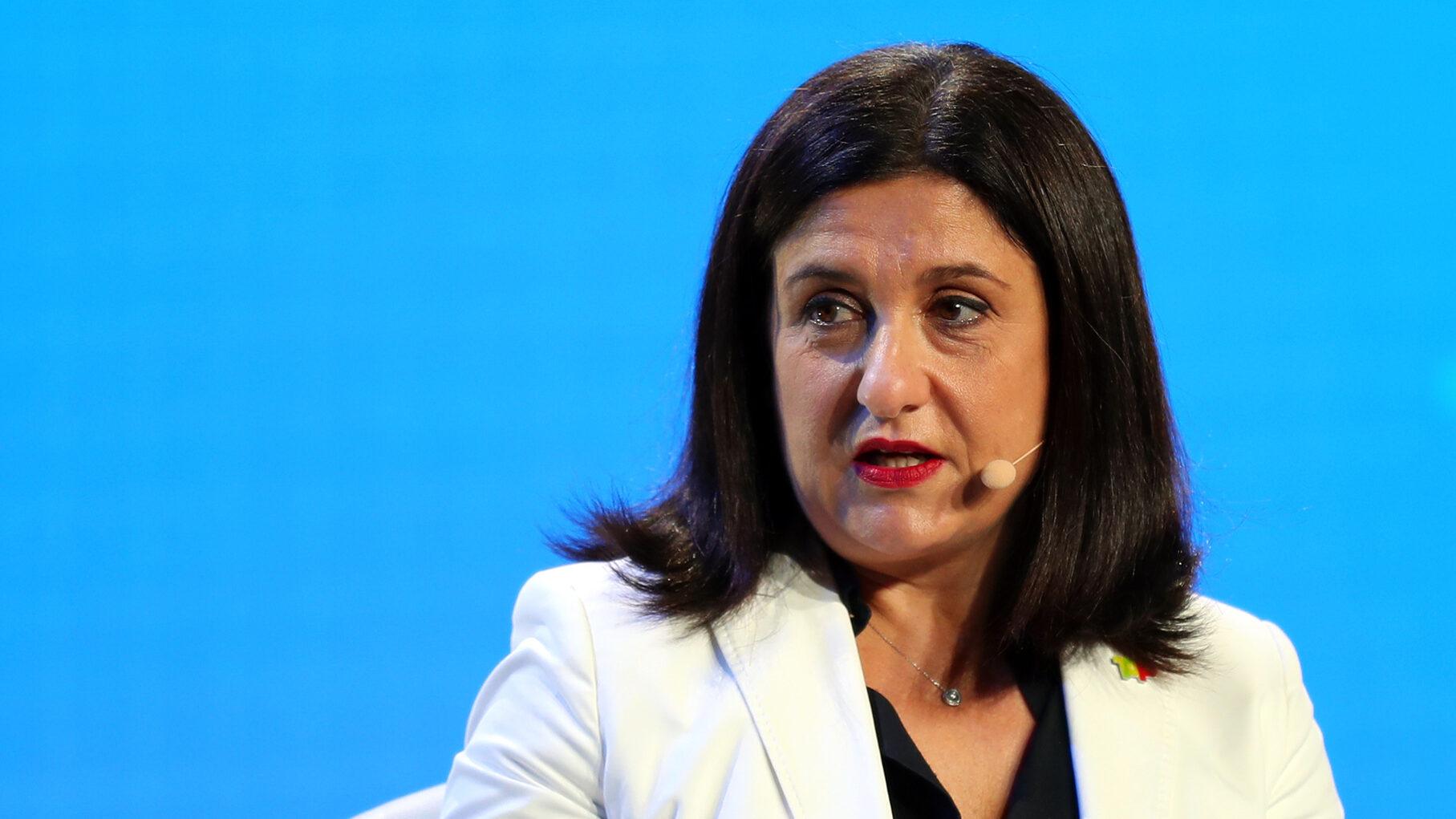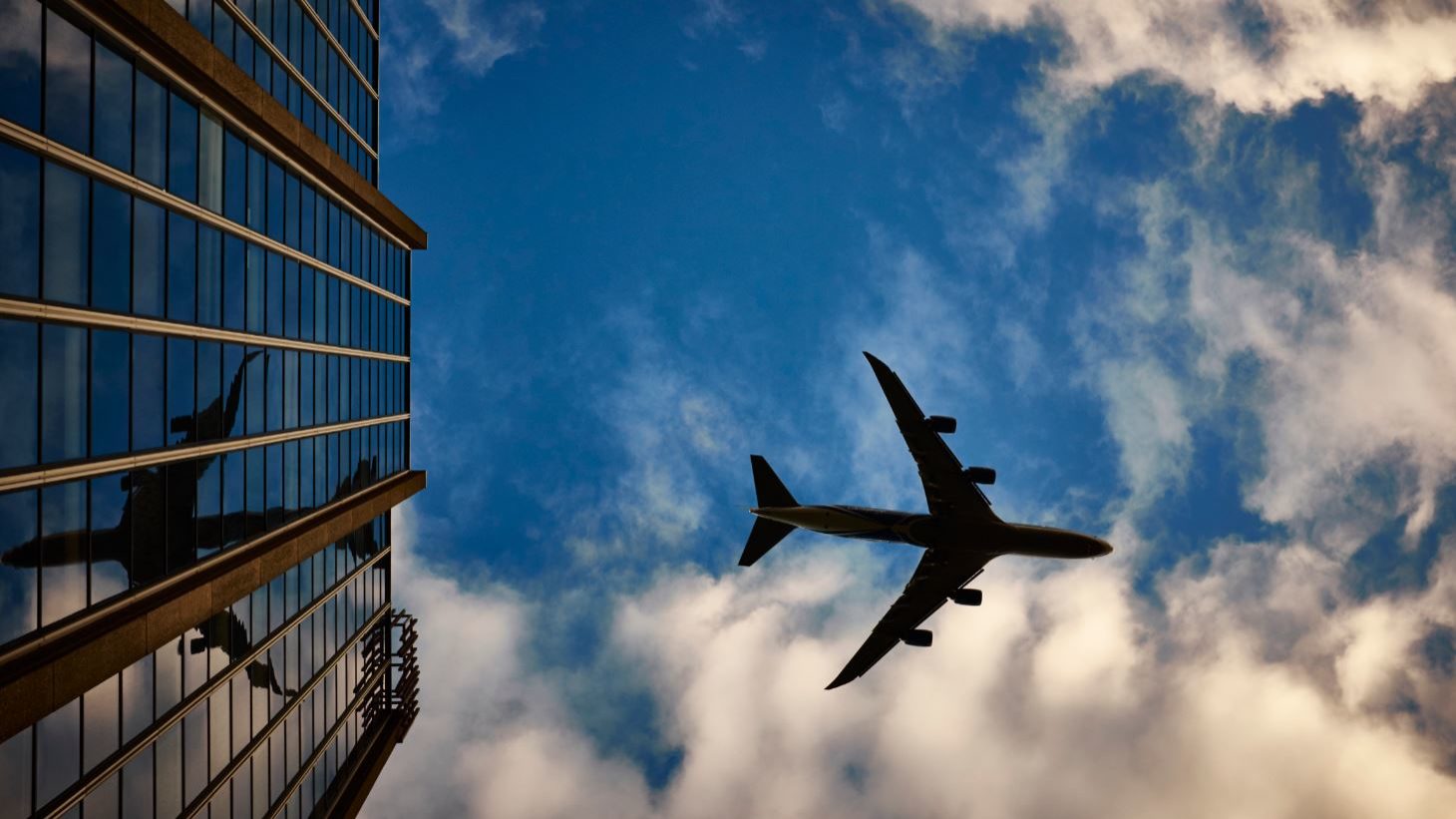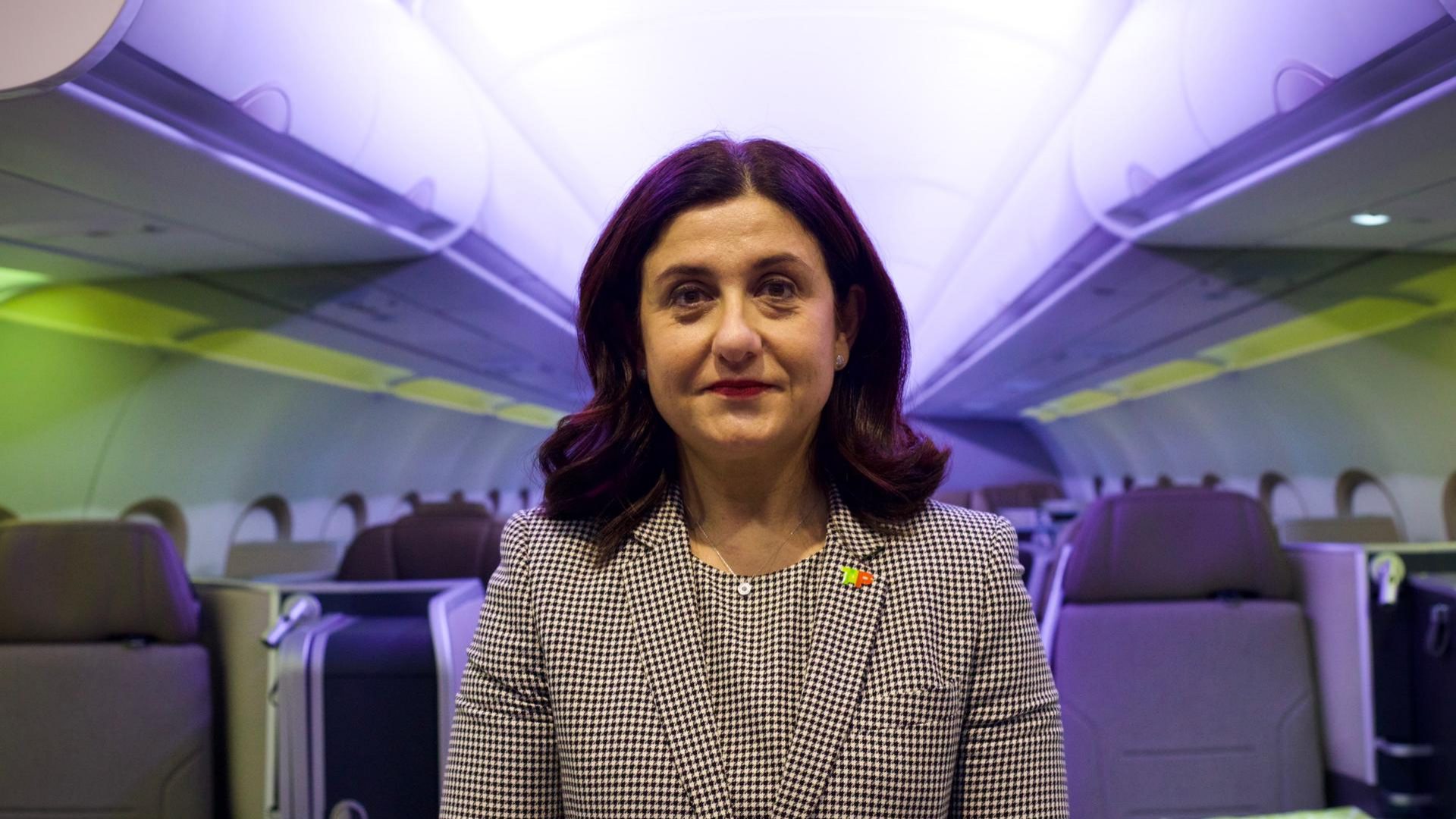Rights of passengers with cancelled flight not being applied
The watchdog Deco urged the ministry of infrastructure and the national civil aviation authority to intervene to safeguard the interests of passengers affected by flight cancellations in Lisbon.
Portugal’s consumer watchdog Deco on Tuesday urged the ministry of infrastructure and the national civil aviation authority to intervene to safeguard the interests of passengers affected by flight cancellations in Lisbon, whose right to assistance “is not being applied”.
“This is not a new situation, as disruptions and problems at [Lisbon] airport have unfortunately been increasingly constant. What concerns us are the responses that are always being given to passengers and, above all, the fact that they have rights that are not applied and that it is necessary to have contingency plans prepared either by the airport infrastructure, or by the carriers themselves, to guarantee the right to assistance”, the coordinator of the legal department of Deco – Consumer Protection Association told Lusa news agency.
According to Paulo Fonseca, following “several dozens” of complaints from passengers received over the weekend, the association today sent letters to the ministry of infrastructure and housing and the national civil aviation authority (ANAC) calling for “a swift and effective intervention to safeguard the interests of passengers through all mechanisms”.
“This weekend we received dozens of complaints, which demonstrates that passengers are having difficulty exercising their own rights,” he told Lusa, adding that the airport in question is Lisbon’s Humberto Delgado Airport, as “there have been no complaints regarding other airports”.
As he stressed, air passengers “have a set of rights that are fixed and automatically applicable in situations of cancellation, denied boarding [due to so-called ‘overbooking’] or delays of more than three hours”, including the right to assistance and, although with some exceptions, the right to compensation.
In the case of the right to assistance, although the applicable European regulation provides that the passengers affected must be guaranteed “meals and refreshments in reasonable proportion to the waiting time” and “hotel accommodation if a stay of one or more nights becomes necessary”, the reports made to Deco point to the mere delivery of vouchers that passengers can only use at the airport and the refusal to guarantee accommodation because allegedly “there is no accommodation available nearby”.
“Giving a voucher to a passenger to use at the airport itself when the consumer only has a flight in three days is unacceptable from the point of view of protecting consumer rights. It is necessary to strengthen this right to assistance and also to hotel accommodation”, argued Paulo Fonseca.
In this sense, in the letter sent to Pedro Nuno Santos’ ministry, Deco stresses the “need to impose on both carriers and airport infrastructure the implementation of contingency plans at different levels, depending on the degree to which passengers are affected and the nature and duration of the disruptive situation”, in order to “ensure assistance and other consumer rights”.
“These plans should also define measures aimed at the existence of structures and mechanisms for support and information appropriate to the needs felt by passengers when facing situations of delay or cancellation of flights,” reads the missive, to which Lusa had access.
The aim is that, in case of need, “these contingency mechanisms are immediately activated and have, for example, a set of hotel establishments prepared to receive passengers”.
With regard to the right to compensation, the coordinator of Deco’s legal department explains that this can range from €250 to €600, “depending on the type of flight and the distance”, and states that it is not applicable in some situations, “particularly in the event of extraordinary circumstances that cannot be attributed to the carrier itself, such as bad weather, a terrorist attack, war or the situation experienced last year with the pandemic, with the imposition of flight cancellations”.
In this case, the association says it has denounced in the letter to ANAC the “doubts” it maintains regarding the justifications – or lack of them – given to passengers affected by delays or cancellations.
“As several reasons have been given to justify cancellations, many of them that are not true extraordinary circumstances, it seems to us that the right to compensation is being avoided,” explained Paulo Fonseca.
According to him, “carriers have to give detailed information to passengers on the status of flights”, and there are “mechanisms that allow them, through contact forms, to access passenger data and contact them directly to give them all the information in good time”.
According to the head of Deco, in the case of TAP – whose flights have been among the most affected in Lisbon – they have pointed out “constraints in other airports, constraints in the handling service and even constraints related to a private jet”. “In other words, there is no assessment of what the real cancellation situations are, and of each flight in particular,” he said.
Paulo Fonseca said he was particularly “concerned” because “this is already a recurring situation”, which means that “consumers are already afraid of travelling by plane because they do not know if they will be able to get a flight in time and with capacity to board”. He warned that if it is already possible to “predict that the summer will be disruptive, it is also known that at Christmas and the new year the situation will be repeated”.


